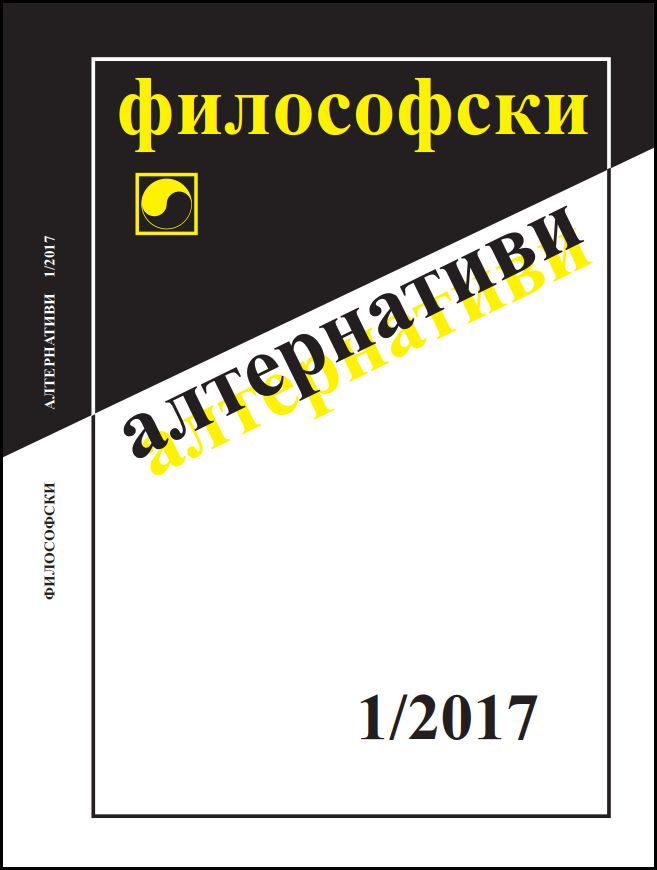Значение и валидност при Хобс
Meaning and Validity in Hobbes
Author(s): Stilian IotovSubject(s): Metaphysics, Epistemology, Logic, 19th Century Philosophy, Philosophy of Language
Published by: Институт по философия и социология при БАН
Keywords: meaning; validity; language; names; propositions; universalism; nominalism; meaning; truth; definitions
Summary/Abstract: The article is devoted to the problem, but still not lost its relevance theory about binominal nature of reasoning. The author has turned to a theoretical - historical reconstruction of the classic views of Thomas Hobbes who can be united under the name “two-names theory” and for which researchers differ in their conclusions. It's about the idea that language consists of names and that the two main term in a judgment - subject and predicate - act as names. This theory is shared by John. St. Mill, but is subject to critical analysis by G. Frege and B. Russell. At this historical and philosophical background are addressed three topics: the semantic role of the names, the dependence of their importance to the principles that govern the logical form of a valid proposition and the conclusions of T. Hobbes on definitions needed for the birth and development of theoretical knowledge.
Journal: Философски алтернативи
- Issue Year: XXVI/2017
- Issue No: 1
- Page Range: 31-44
- Page Count: 14
- Language: English, Bulgarian
- Content File-PDF

